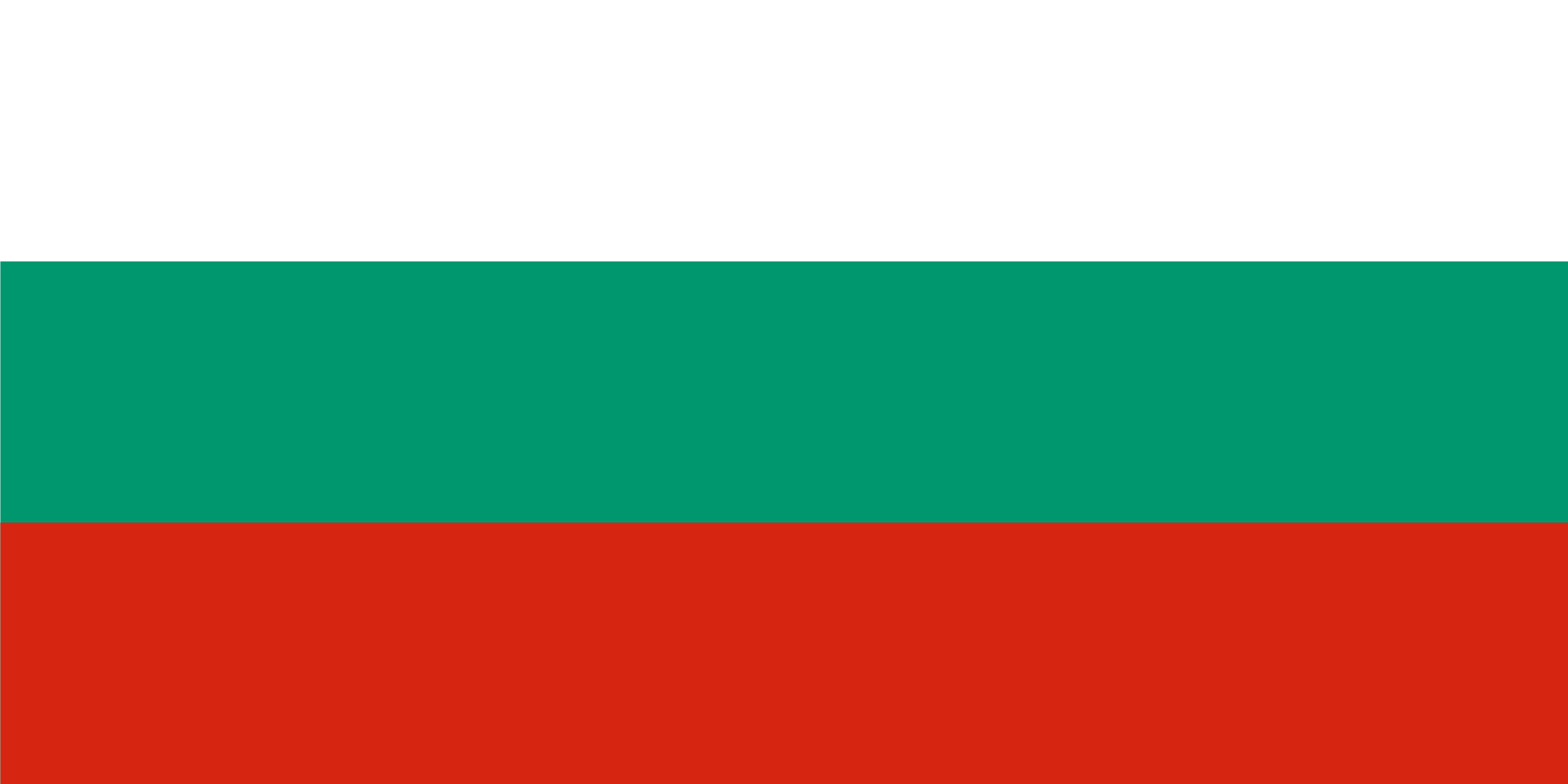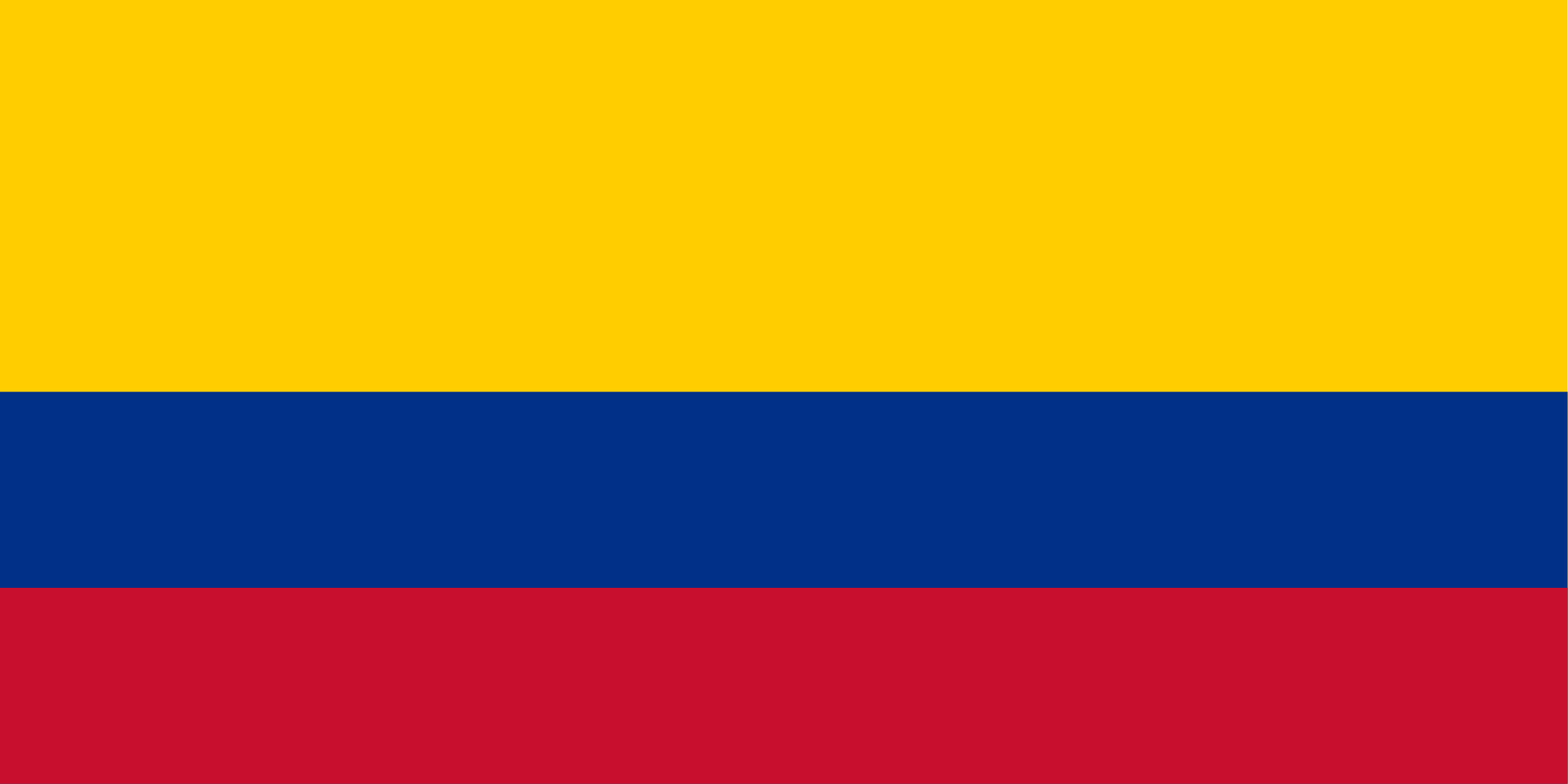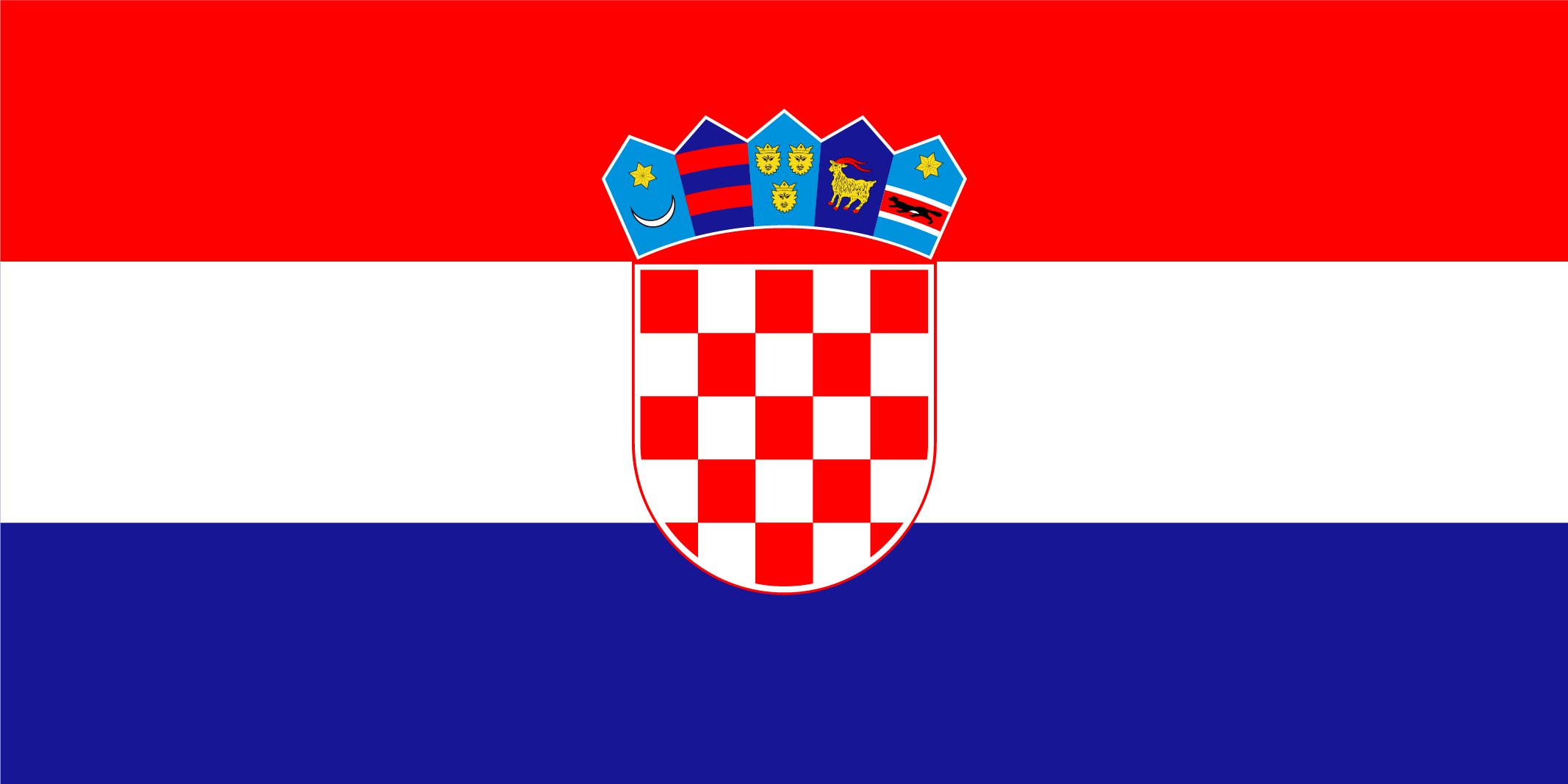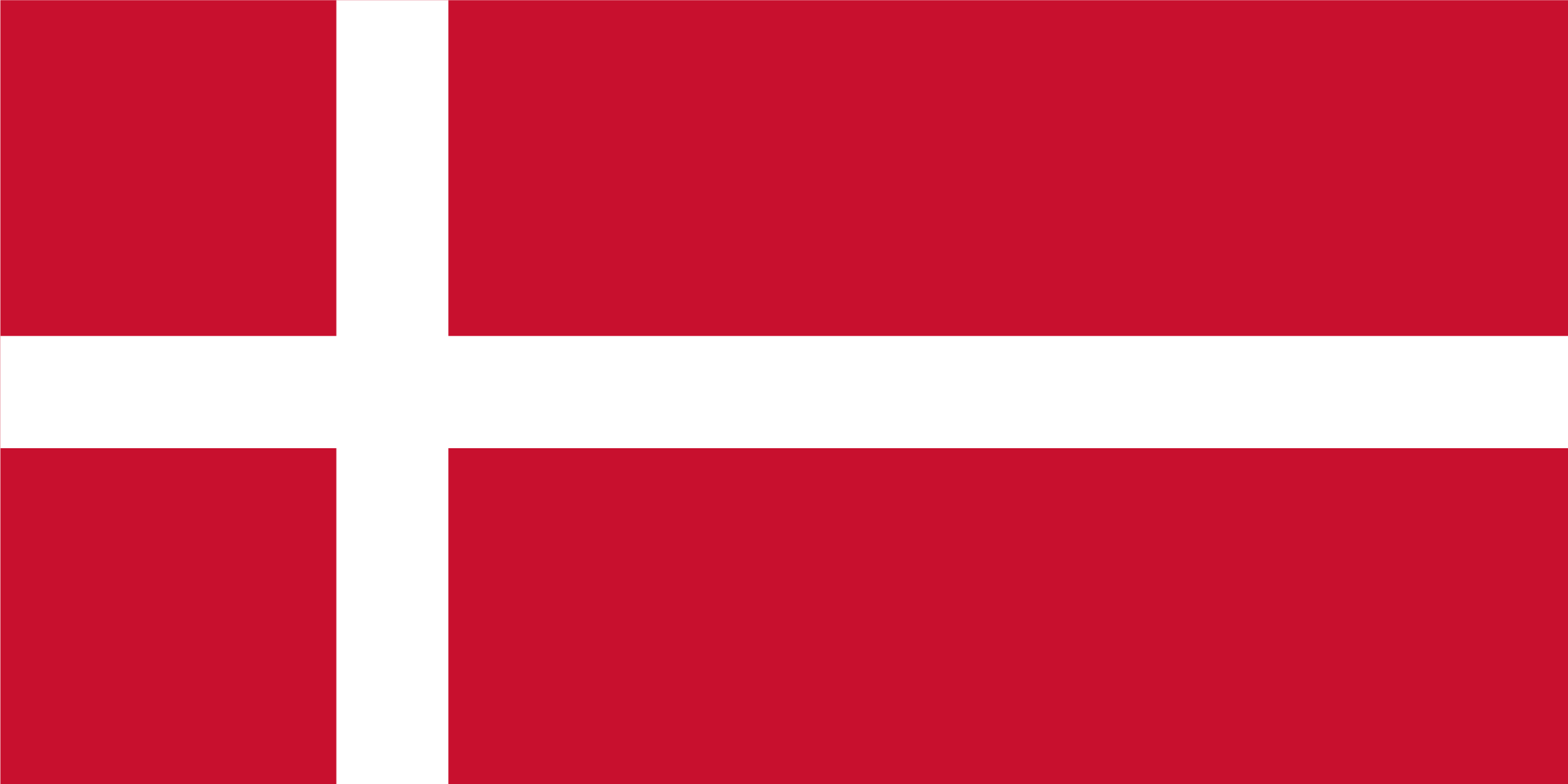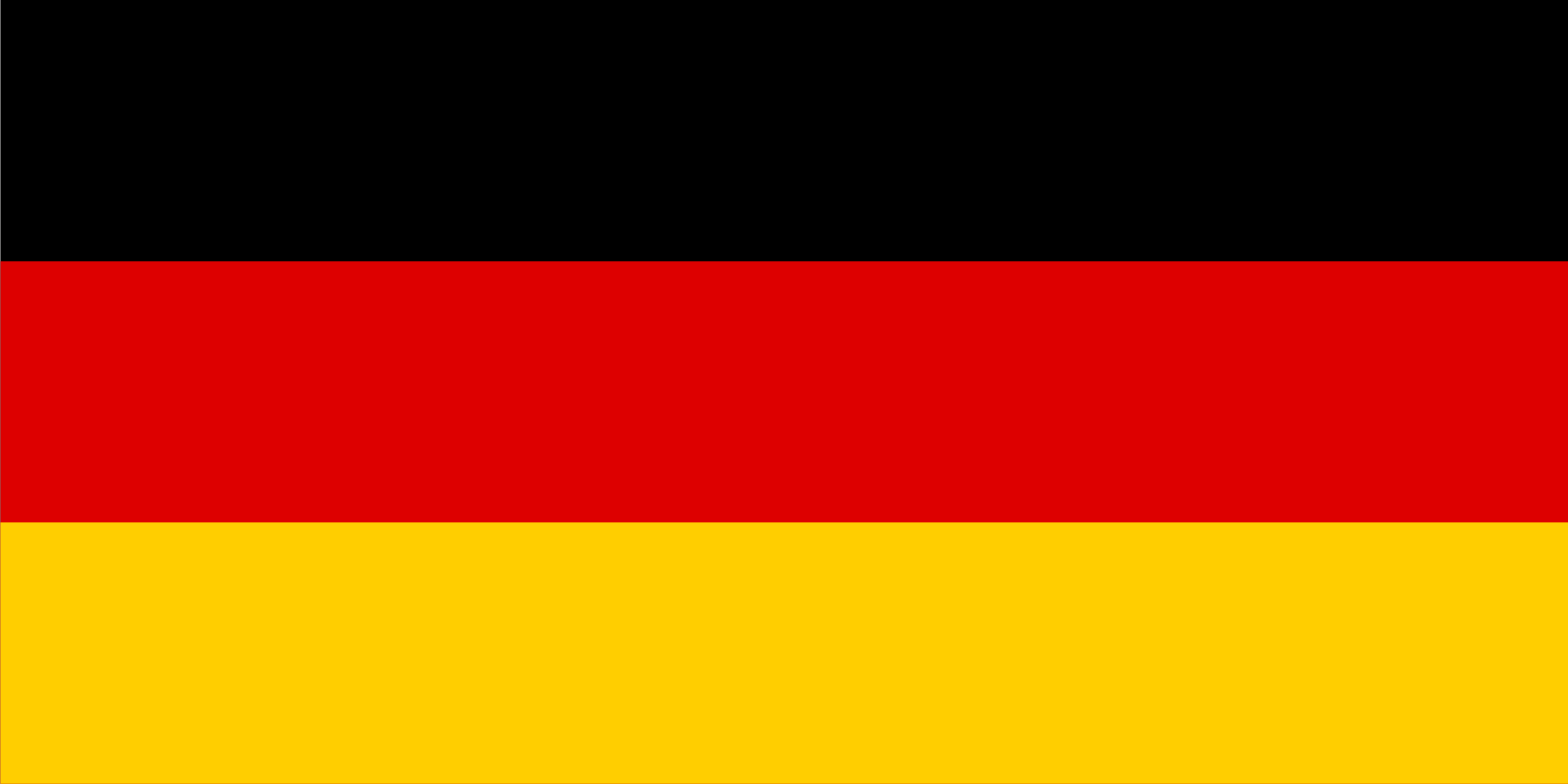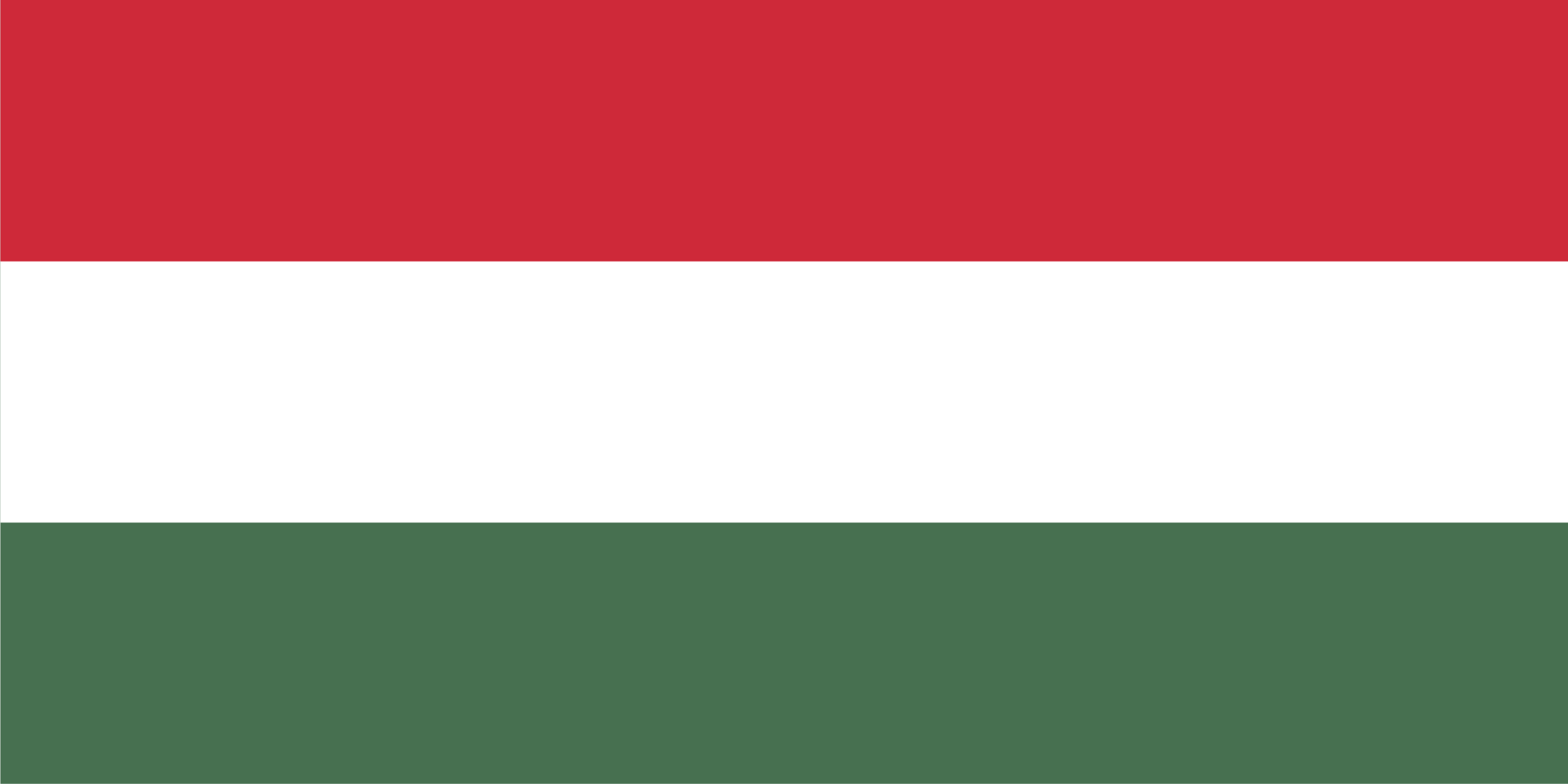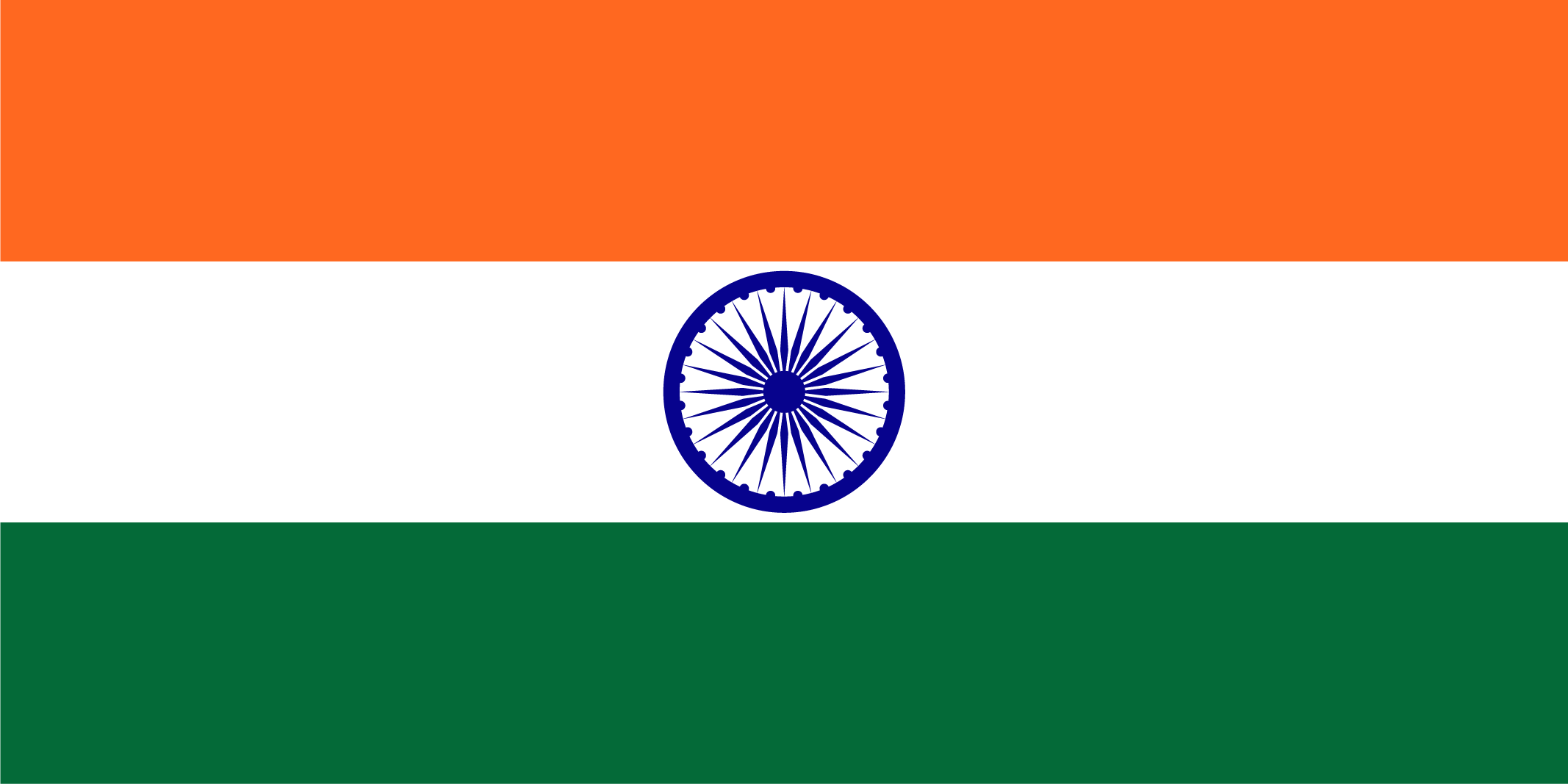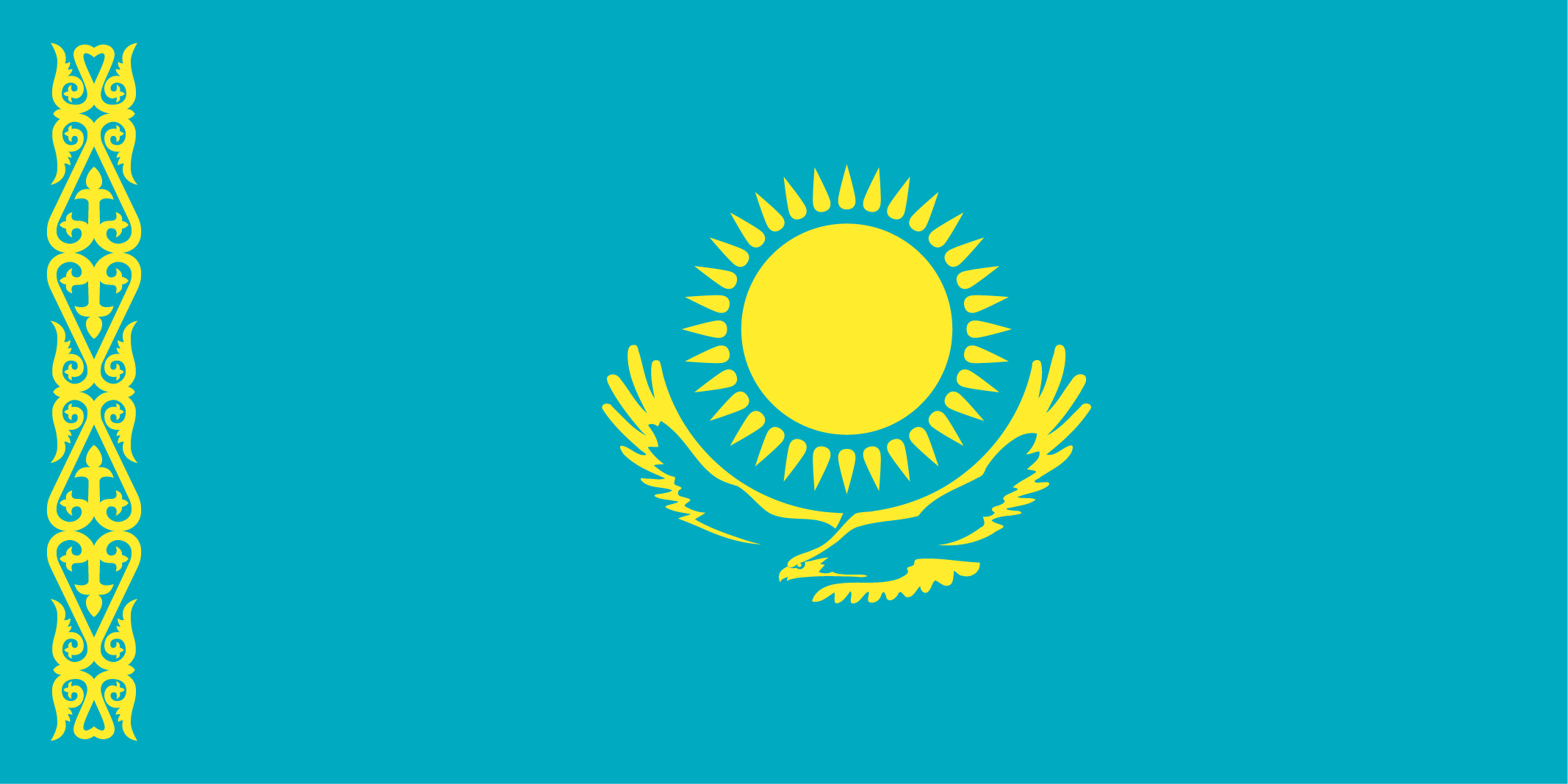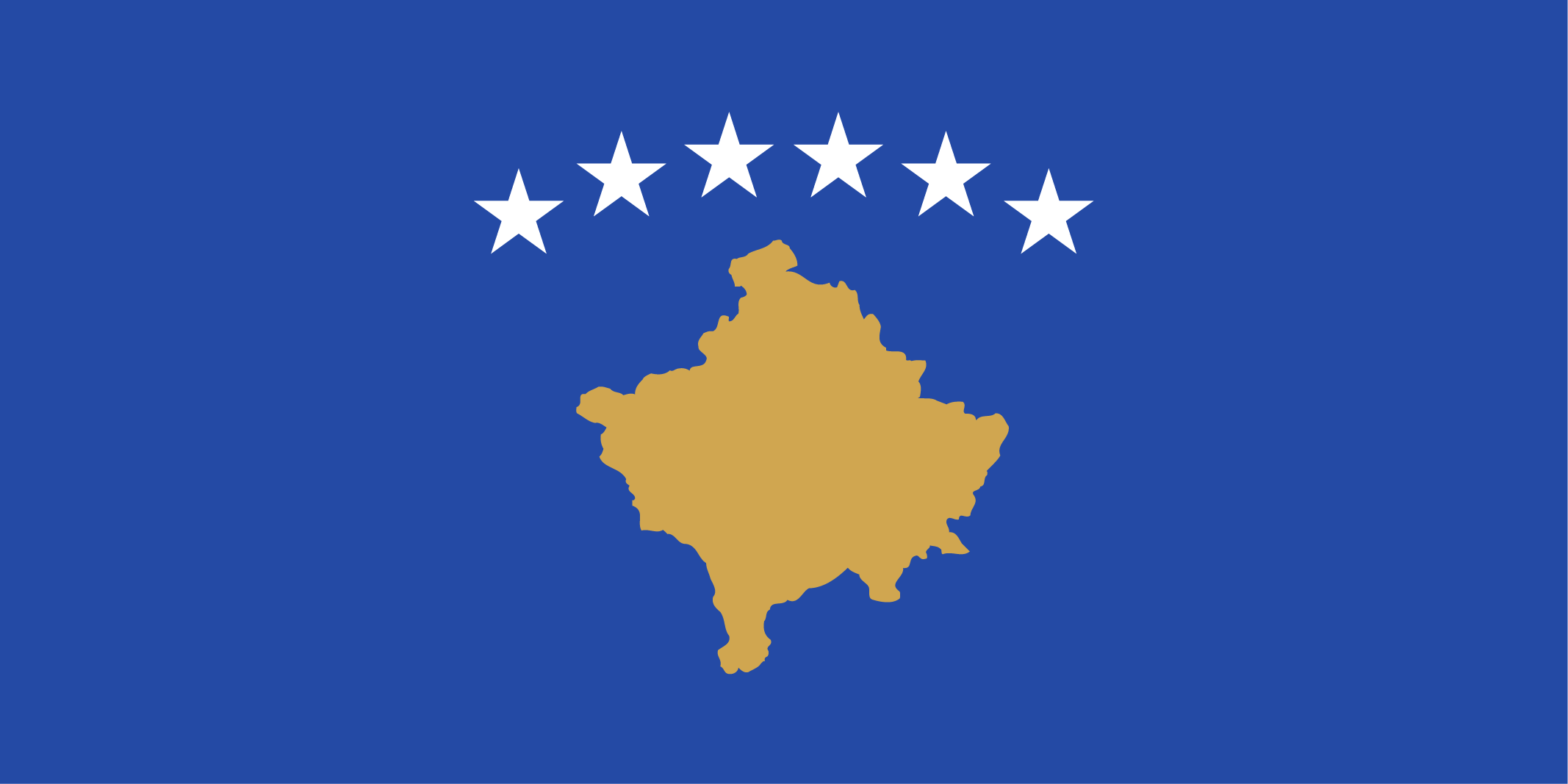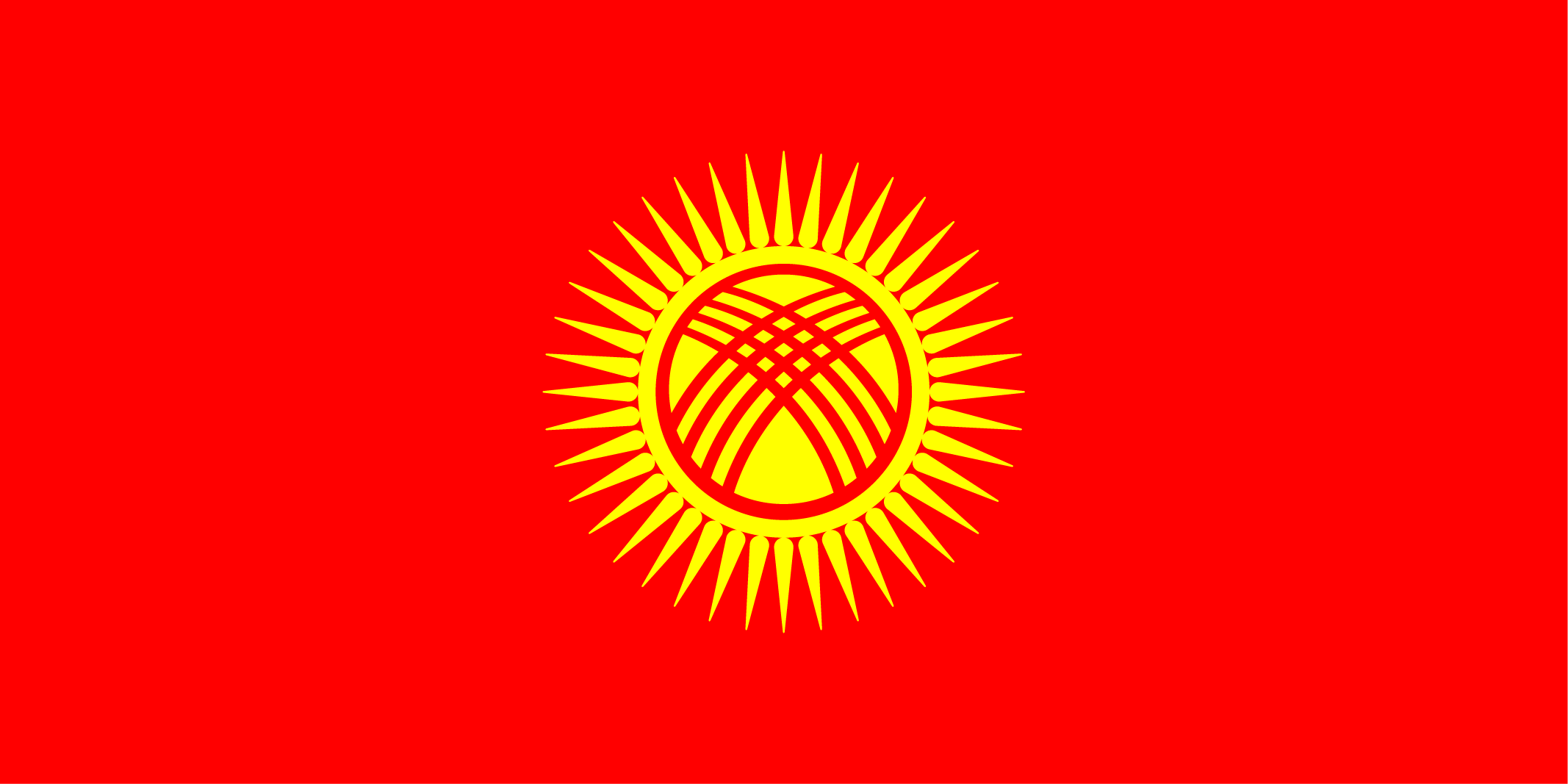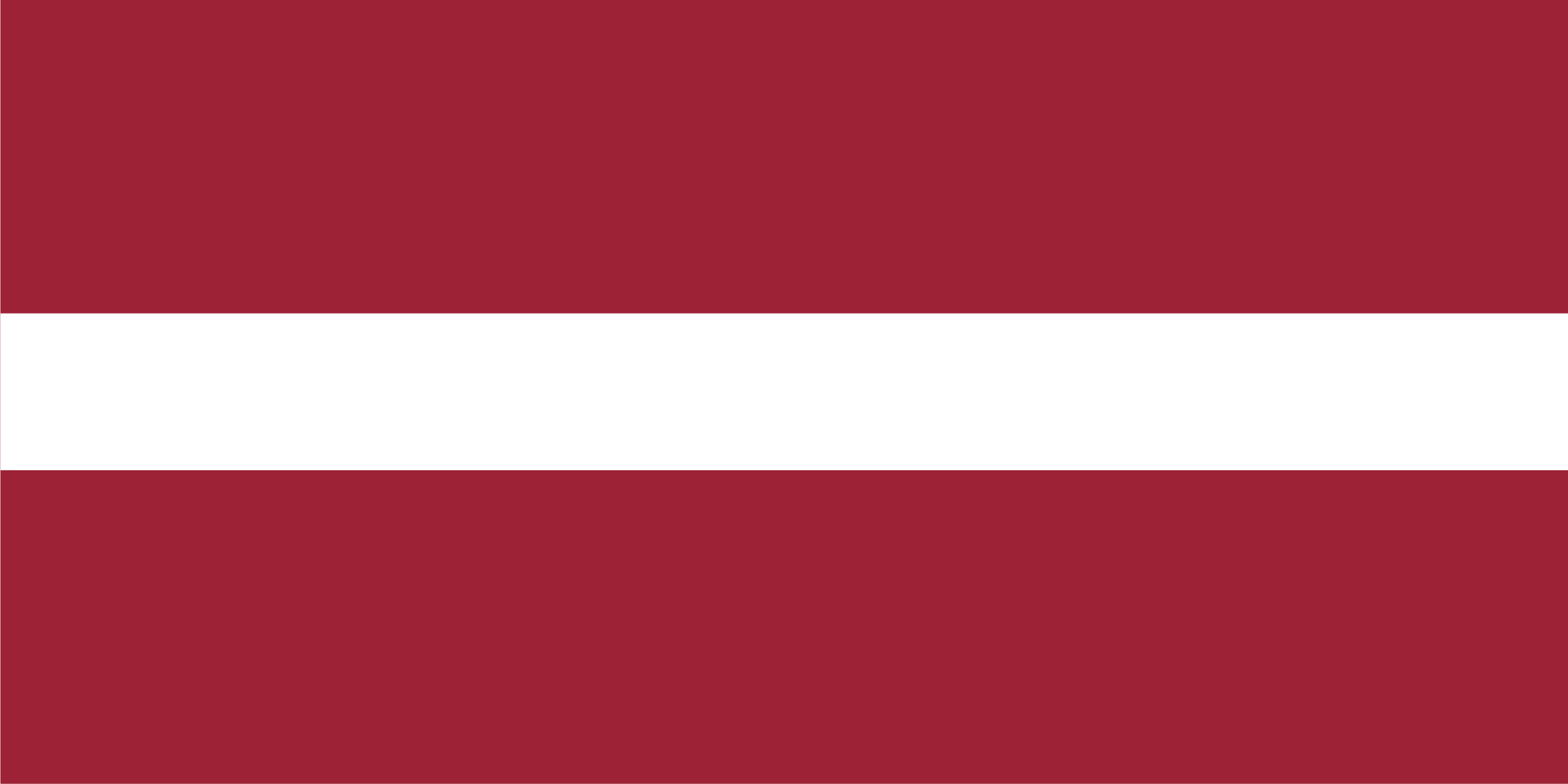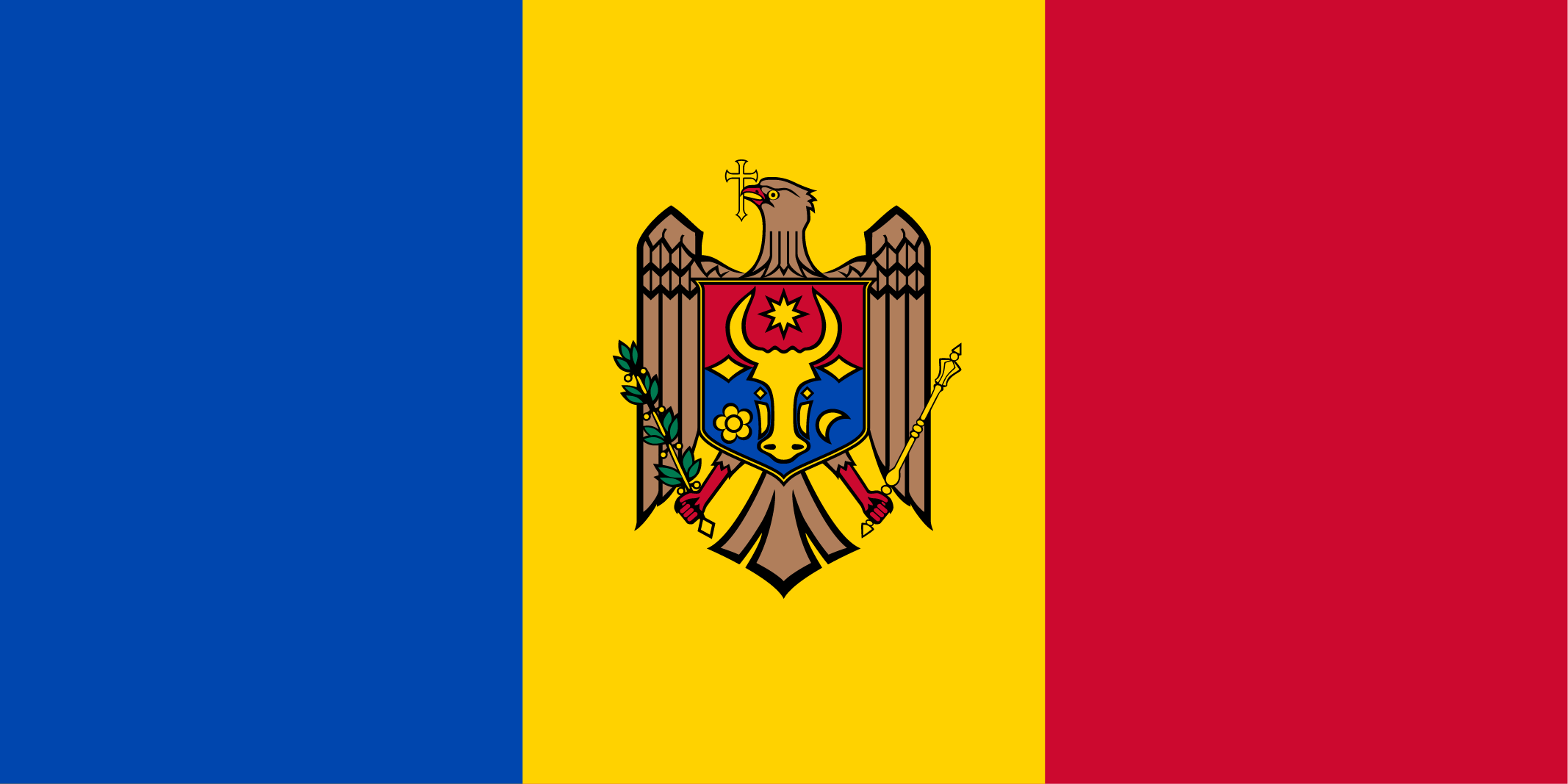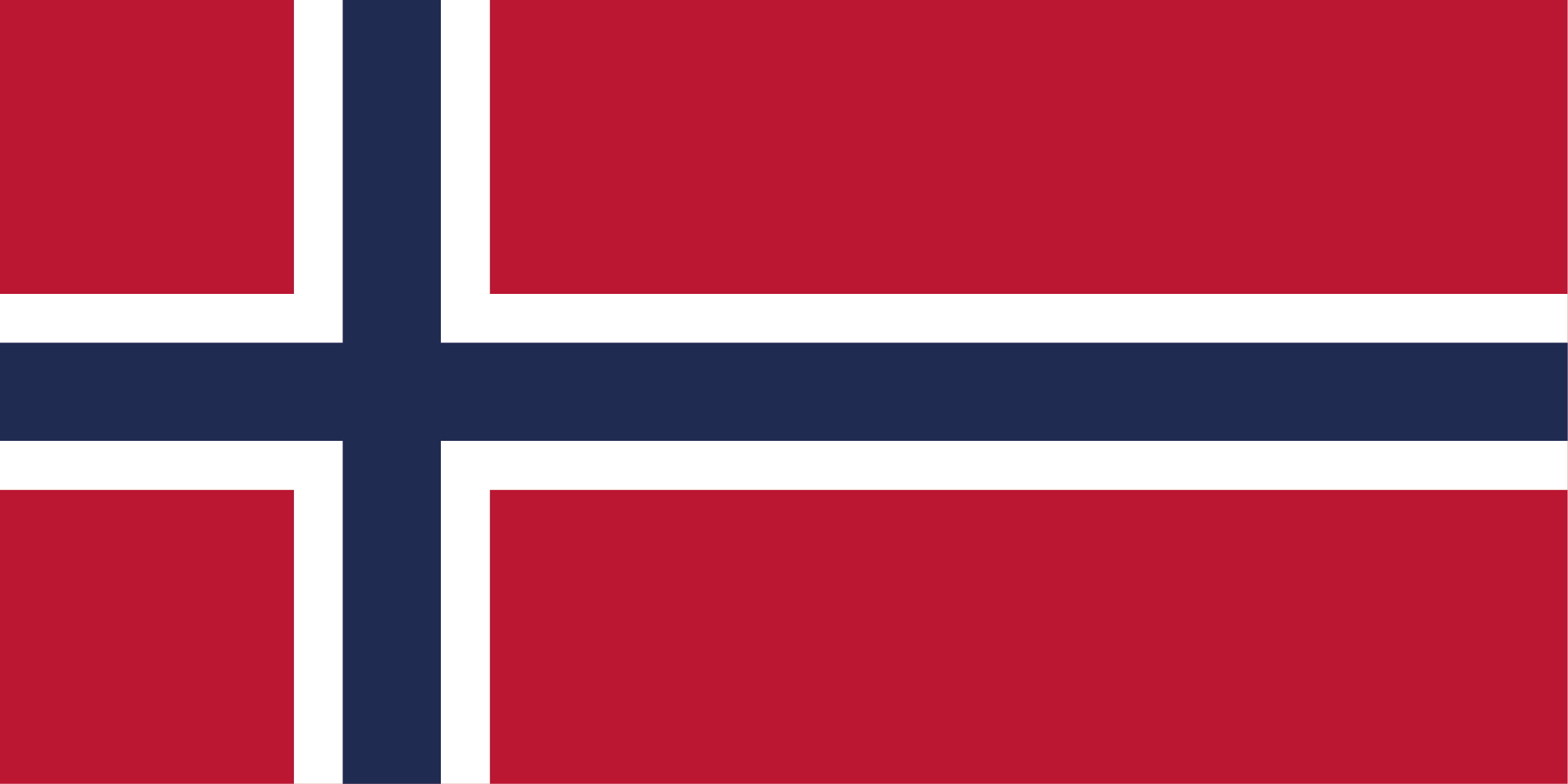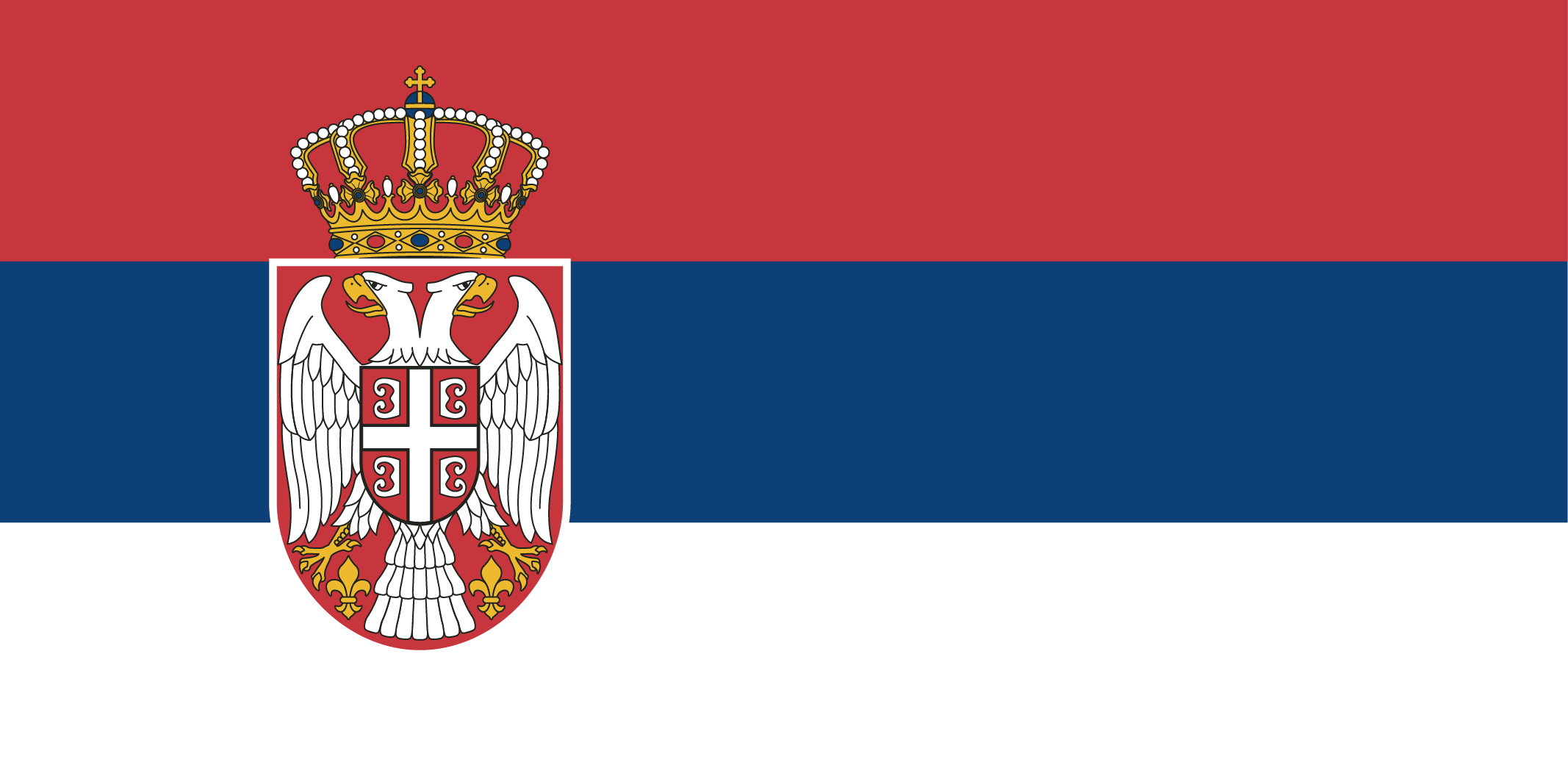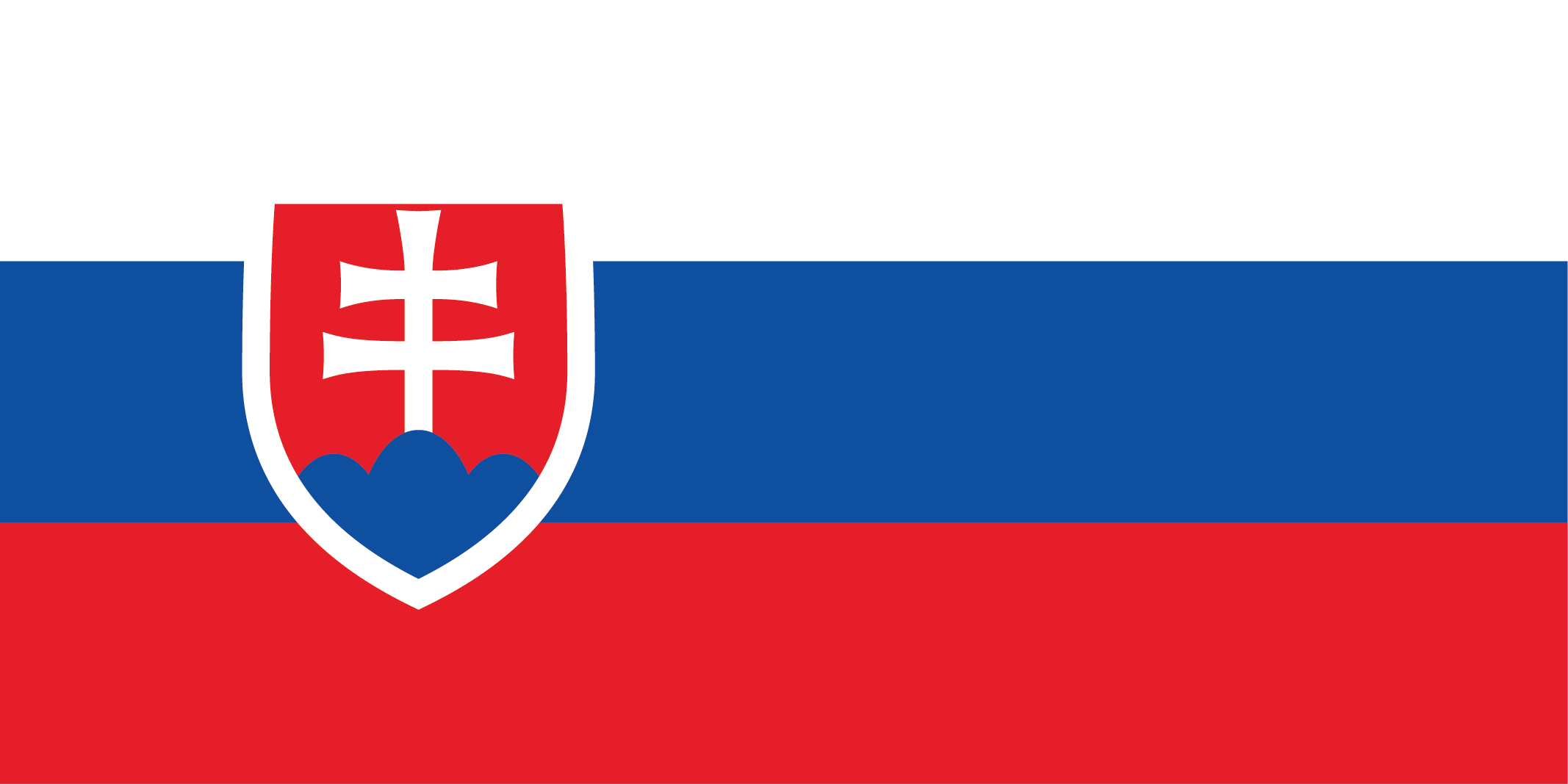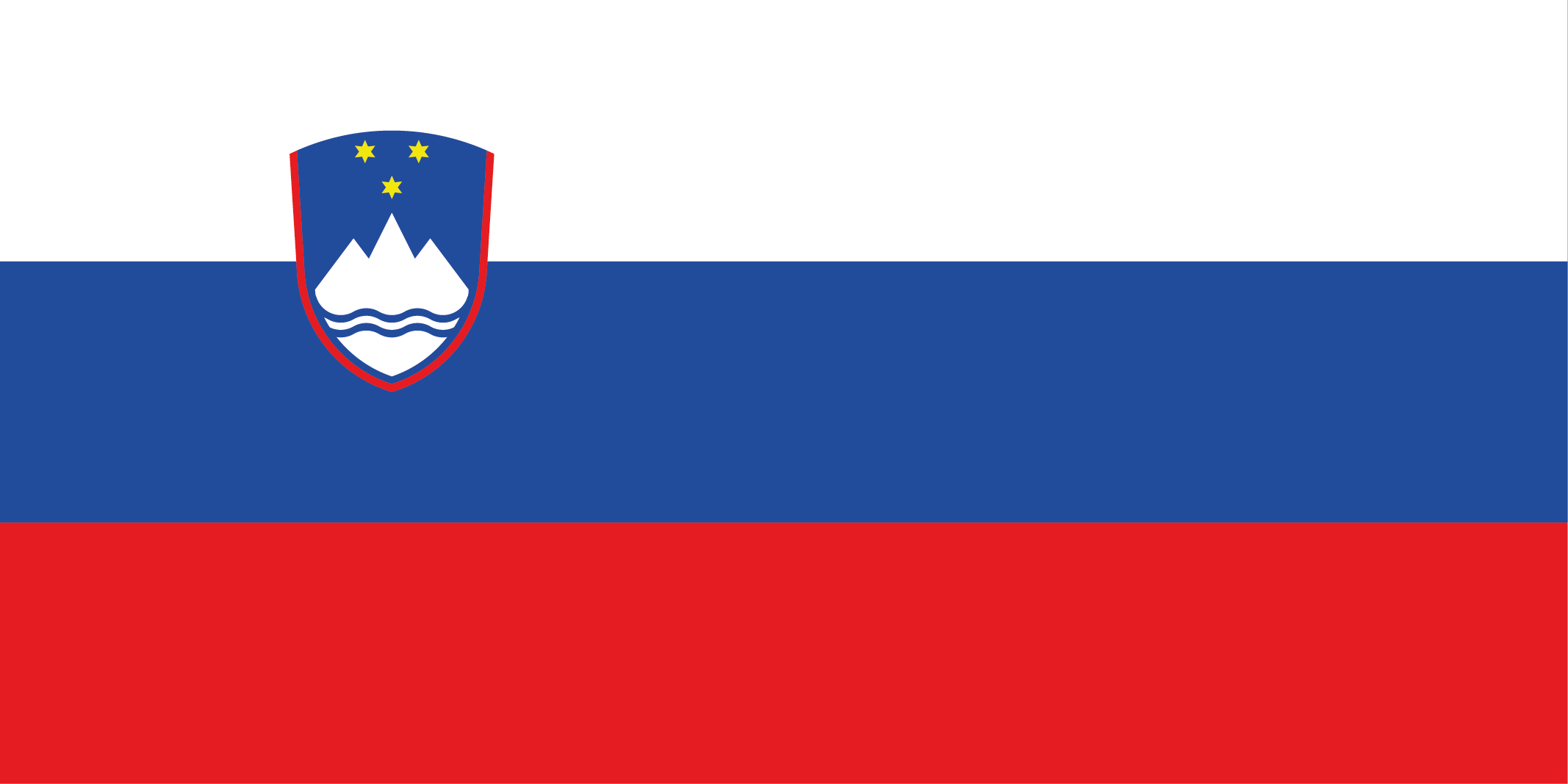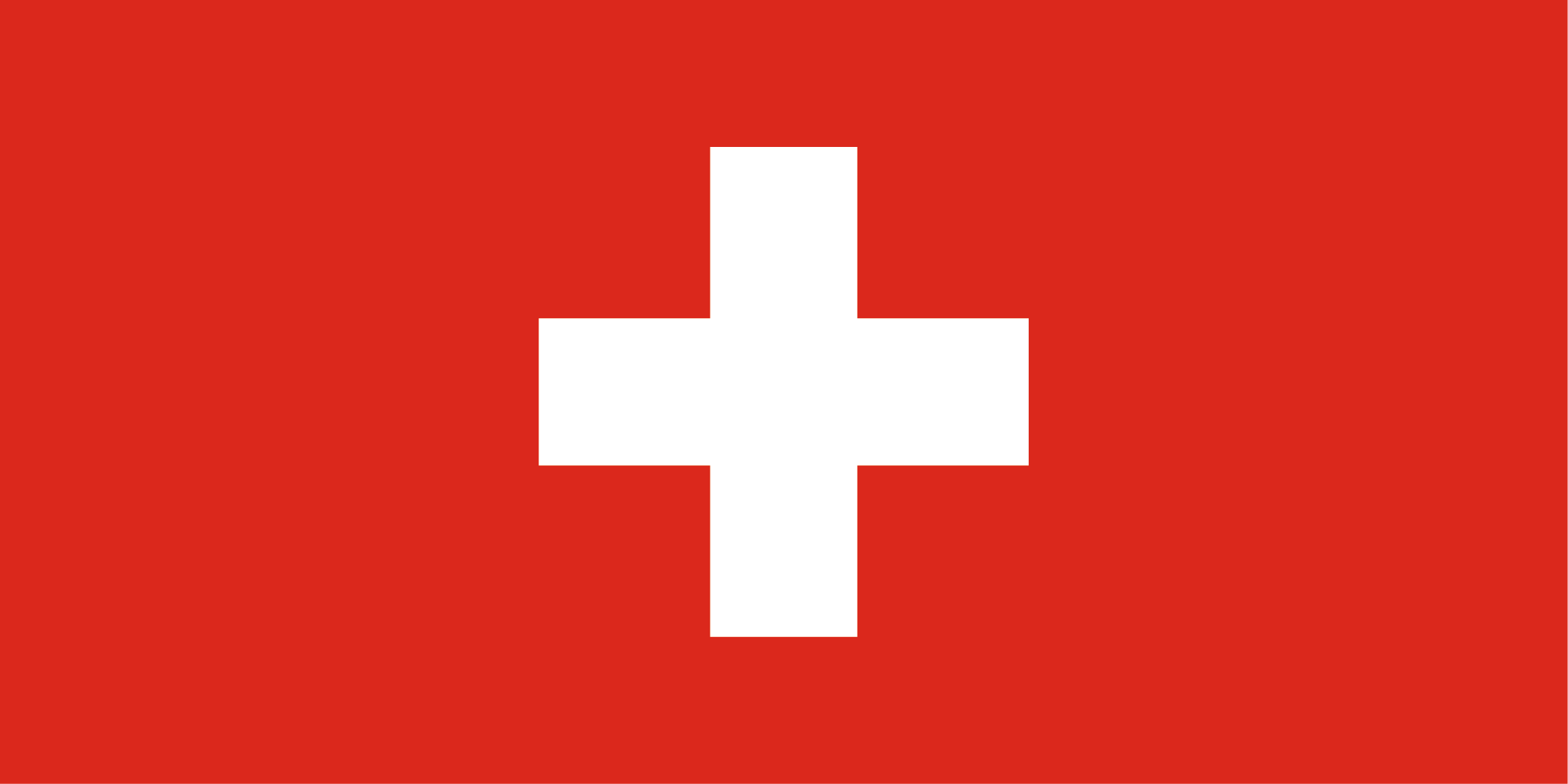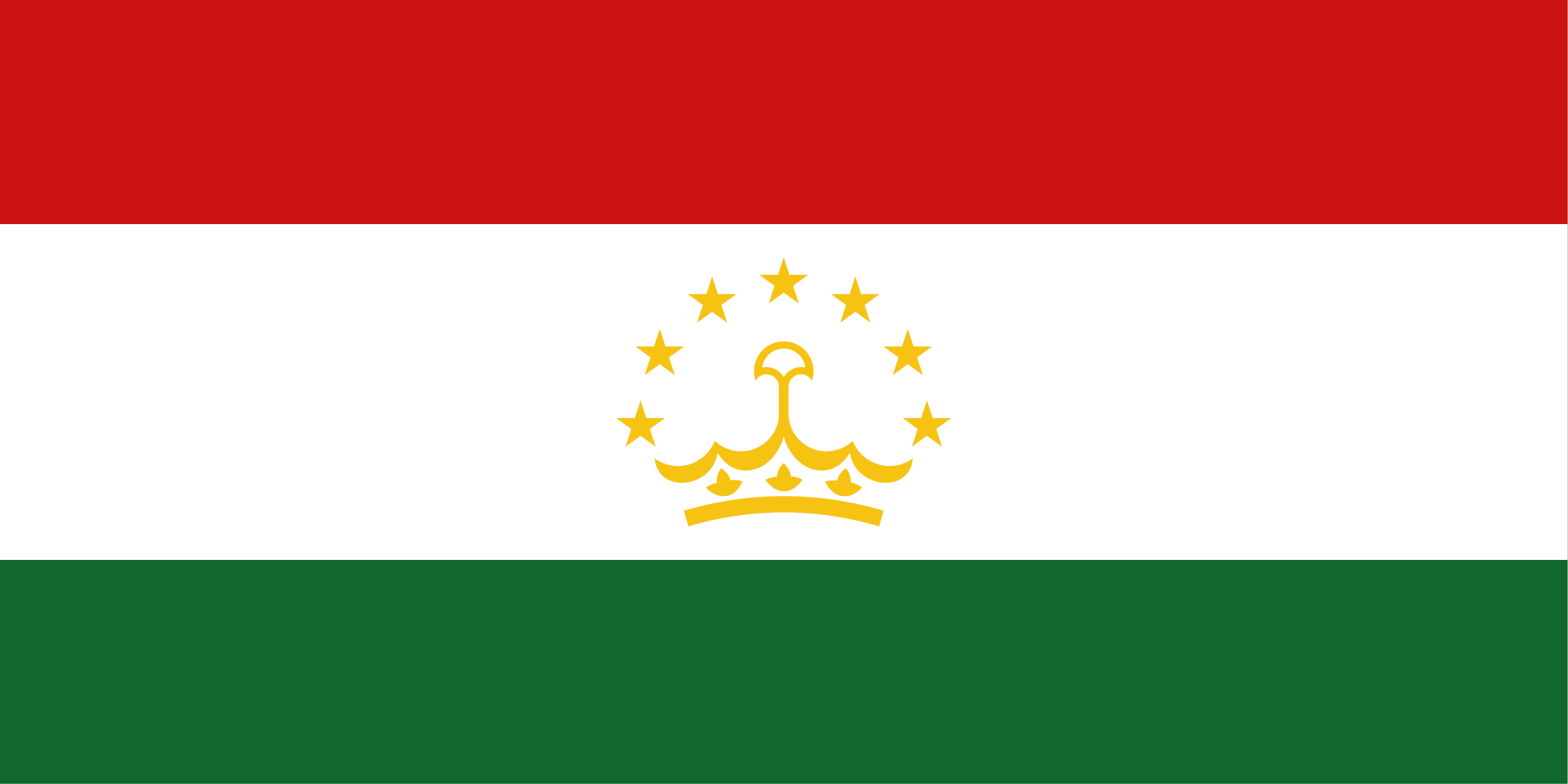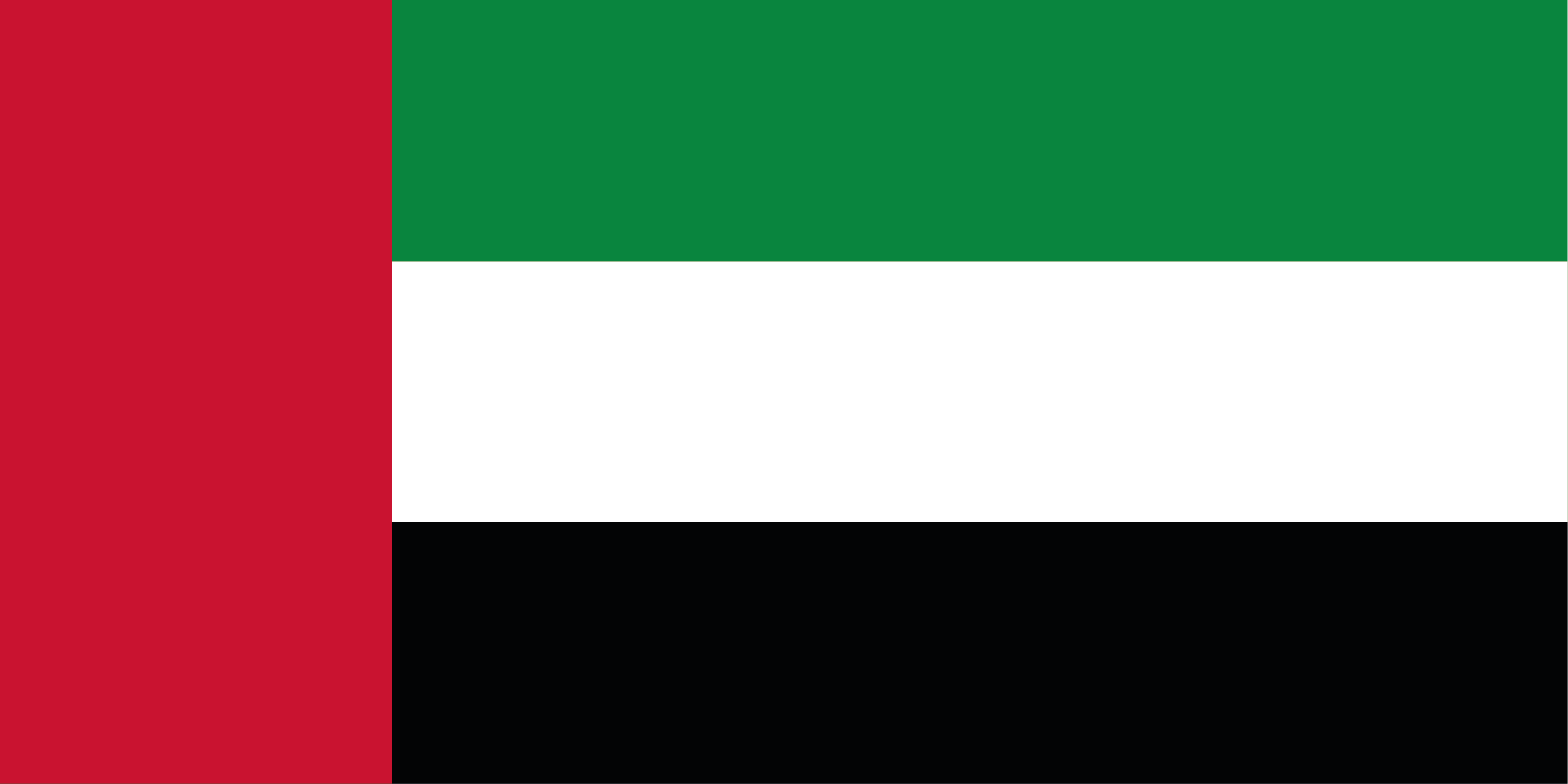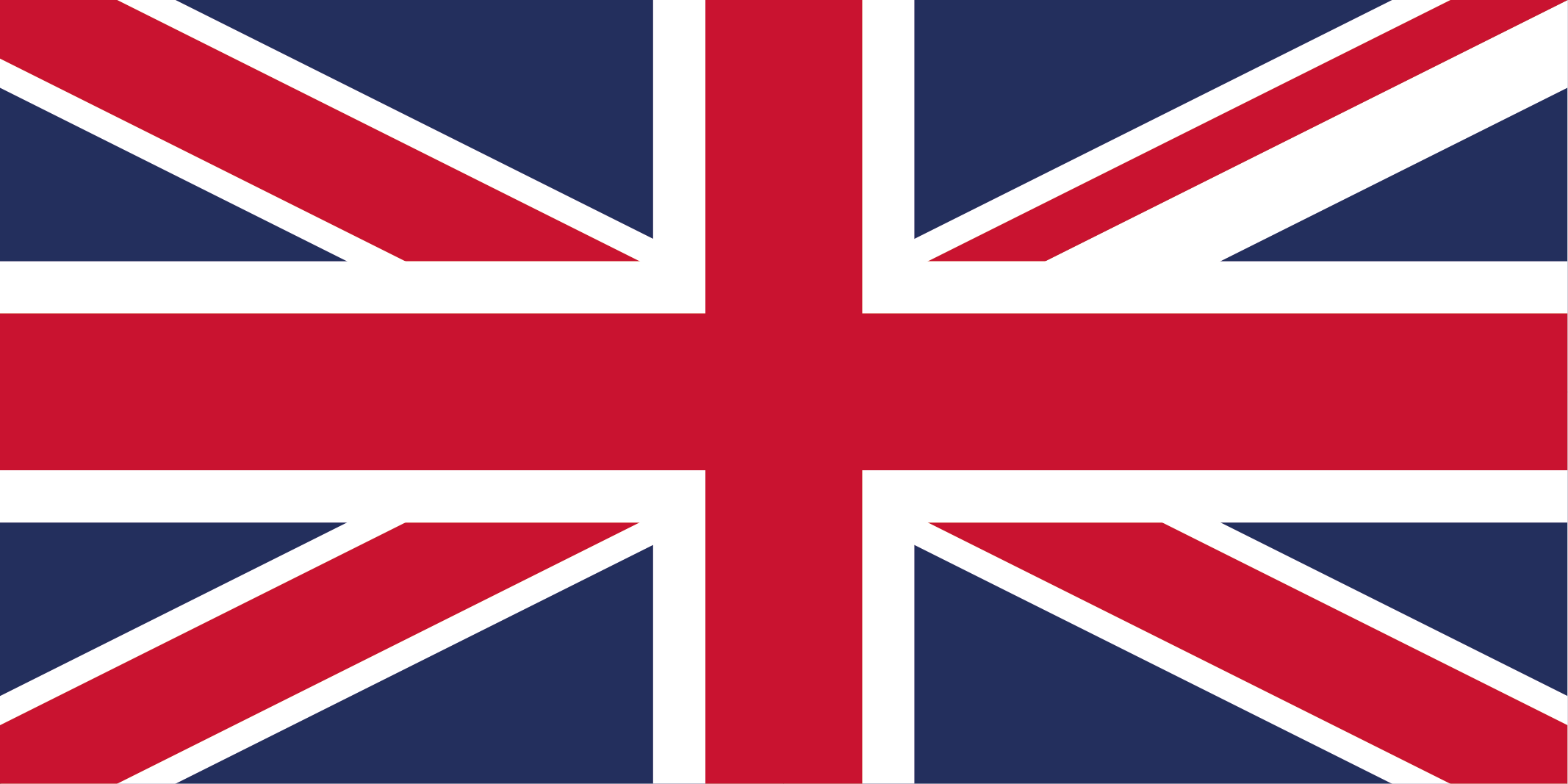International Transportation of the Deceased to Turkey: Professional Assistance in a Difficult Time
Transporting the deceased to Turkey is a complex task that requires strict adherence to all procedures and regulations. Repatriation involves not only the physical transfer of the body but also handling numerous formalities: preparing international documents, obtaining permits, and complying with sanitary standards. Even the slightest mistake can lead to delays or additional costs. Our company offers a full range of services to help you navigate this difficult process.
Why is International Transportation of the Deceased Required?
The transportation of the deceased from one country to another is necessary when a person passes away abroad and their relatives wish to bury them in their homeland. This is often due to the desire to conduct a dignified funeral in accordance with their native traditions and customs.
The repatriation process begins with preparing the necessary documents and the body for transportation. One of the key steps is choosing a reliable funeral agency that will handle all organizational matters, including transporting the body or cremation urn, managing documentation, and liaising with consulates.
Document Preparation for International Transportation
Required Documents for Transportation
Transporting a deceased person from another country, including to Turkey, requires several documents, such as:
- Death certificate;
- Consular permit for transportation;
- Mortuary certificate confirming embalming;
- Certificate of container hermeticity;
- Certificate of absence of infectious diseases;
- Documents for customs clearance.
All documents must be translated into the language of the destination country and notarized. Gathering these documents can take several days, so it is crucial to ensure everything is properly prepared.
Translation and Apostille of Documents
Documents subject to translation must be apostilled or notarized to be legally valid in Turkey. It's also important to note that some documents may require additional certification, especially in cases of unclear causes of death.
Consular Permissions and Customs Requirements
One of the key stages in transportation is obtaining a consular permit to transport the body. This is essential when crossing multiple countries, as each state has its own requirements and procedures for issuing such permits.
Body Transportation Process
Means of Transportation – By Plane or Other Transport
The primary mode of transport is by airplane, as it is the fastest and safest method. Air transport reduces risks associated with delays or handling issues. The body is placed in a hermetically sealed container, preventing decomposition, and then sent to the destination country.
Transportation Requirements (Zinc Coffin, Hermeticity, and Packaging)
A zinc coffin is used for transportation. This container is airtight and prevents air penetration, which slows decomposition. The zinc coffin must be placed in a wooden box for additional protection during transit.
Medical Procedures: Embalming and More
Before transportation, the body must undergo embalming to prevent decomposition. It is treated with special substances to preserve it for a longer period. Sanitary regulations must also be followed, which may vary depending on the departure and destination countries.
Repatriation Costs
The cost of transporting the deceased to Turkey depends on various factors—distance, airline, container weight, as well as additional expenses for documentation and body preparation. It’s important to understand that repatriation includes more than just transport—it involves comprehensive document processing, which also affects the total cost.
Cost Calculation
Accurate cost estimates depend on the body’s weight, complexity of documentation, and the need for additional procedures (such as embalming). In some cases, costs also vary depending on the body’s location and distance to the nearest airport.
Impact of Distance, Cause of Death, and Other Factors
Transportation costs can vary significantly depending on the country of origin, as long distances require more time and resources. Factors such as the cause of death, additional medical procedures, or the need for specialized equipment may also affect the cost.
The Role of Funeral Homes
Hiring a professional funeral agency addresses many issues and provides the necessary equipment and transportation. Without expert involvement, the process can become significantly more complicated and expensive.
Why It’s Important to Contact Professional Services
Professional funeral agencies have the experience to handle all stages of repatriation efficiently and correctly. They know how to prepare documents, provide medical procedures, and arrange safe transportation. Their staff are also familiar with consular and customs requirements, which speeds up the process.
Services Provided by Funeral Agencies
Funeral agencies offer a wide range of services:
- Document processing;
- Body preparation for transportation;
- Delivery and reception arrangements at the destination;
- Provision of funeral goods;
- Assistance with funeral or cremation arrangements.
Transportation of an Urn with Ashes
In some cases, instead of transporting the body, it is necessary to transport an urn with ashes. This also requires compliance with certain regulations and standards. The urn must be hermetically sealed and transported in a special container that meets international requirements.
Ashes Transportation Process
The urn is transported according to international standards. It must be placed in a hermetically sealed container, and the transportation process follows the same rules as body transport. The urn must be properly packaged and documented for customs clearance.
Customs and Legal Considerations
Requirements for Crossing Borders with a Body
When transporting a body across international borders, it is crucial to have all required permits, including embalming certificates, health certificates, and consular authorizations. This ensures smooth border crossing and safe transportation.
How to Resolve Customs and Legal Issues
Handling customs and legal formalities requires proper document preparation. By contacting a professional agency, you avoid risks of delays and extra costs—experts will handle all necessary documentation and ensure compliance with regulations of both the departure and destination countries.
The Importance of Insurance During Transportation
Insurance plays a crucial role in international body transportation, providing financial protection against potential complications during transit. It helps cover costs in case of cargo damage, loss of documents, or other unforeseen issues at any stage.
The Role of Insurance in Repatriation
In addition to covering transportation costs, insurance may also include additional expenses—such as medical procedures like embalming or the issuance of specialized documents. This helps reduce overall costs and alleviate stress for the family during an already difficult time.
What Expenses Can Insurance Cover
Insurance can cover transportation, embalming, documentation preparation, and other repatriation-related expenses. This significantly eases the financial burden on the deceased's relatives.
Responsibility and Safety in Transportation
Our company takes full responsibility for the safety and timely delivery. We guarantee that all processes will be carried out on time and with the utmost care for the body’s safety. Our specialists ensure reliable transportation and support at every stage.
Conclusion
Proper organization of body transportation to Turkey requires strict adherence to all formalities and attention to detail. Entrusting this task to professionals gives you the assurance that every step will be executed accurately, respectfully, and on schedule. We support you throughout the entire process—from documentation to delivery in Turkey—offering reliable assistance and peace of mind during a challenging time.









